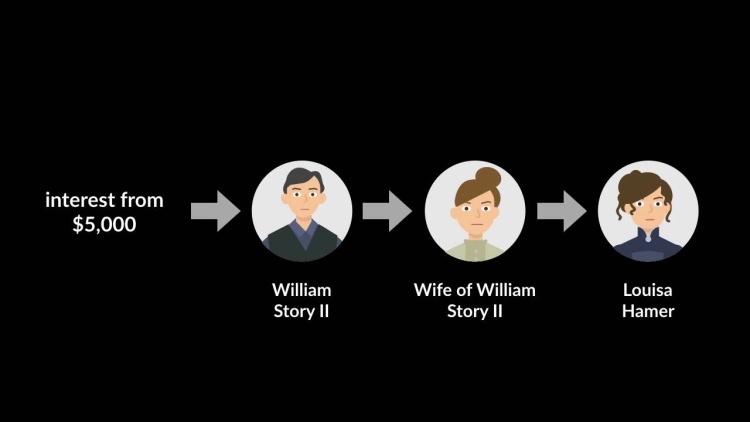Hamer v. Sidway
New York Court of Appeals
27 N.E. 256 (1891)
- Written by Megan Petersen, JD
Facts
Louisa Hamer (plaintiff) received several assignments of $5,000 and interest from William E. Story II (Story). Story made the assignments based on money he was to receive from his uncle, William E. Story, Sr. Several years previously, Story’s uncle promised him that if he would abstain from “drinking, using tobaccos, swearing, and playing cards or billiards for money” until he reached 21 years of age, he would be paid $5,000. Story agreed and fully honored the promise by abstaining from these things until after his twenty-first birthday. At that time, Story wrote to his uncle and informed him that he had upheld his promise. His uncle wrote back and said that he was entitled to the $5,000 and that the money was being held for him at a bank. However, Story’s uncle said that it would not be paid to him until he felt Story was capable of “taking care of it.” Story agreed, and the money remained at the bank. Story’s uncle died without paying Story the money, and Hamer brought a claim to Franklin Sidway (defendant), the executor of Story’s uncle’s estate. The executor rejected the claim, and Hamer brought suit in New York state court seeking to enforce the promise to Story. The trial court upheld the promise, but the appellate court reversed. Hamer appealed to the New York Court of Appeals.
Rule of Law
Issue
Holding and Reasoning (Parker, J.)
What to do next…
Here's why 909,000 law students have relied on our case briefs:
- Written by law professors and practitioners, not other law students. 47,100 briefs, keyed to 997 casebooks. Top-notch customer support.
- The right amount of information, includes the facts, issues, rule of law, holding and reasoning, and any concurrences and dissents.
- Access in your classes, works on your mobile and tablet. Massive library of related video lessons and high quality multiple-choice questions.
- Easy to use, uniform format for every case brief. Written in plain English, not in legalese. Our briefs summarize and simplify; they don’t just repeat the court’s language.





